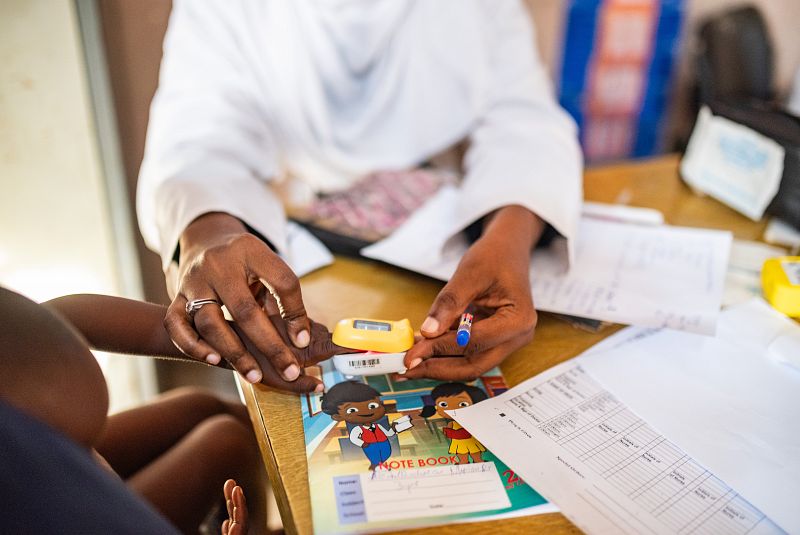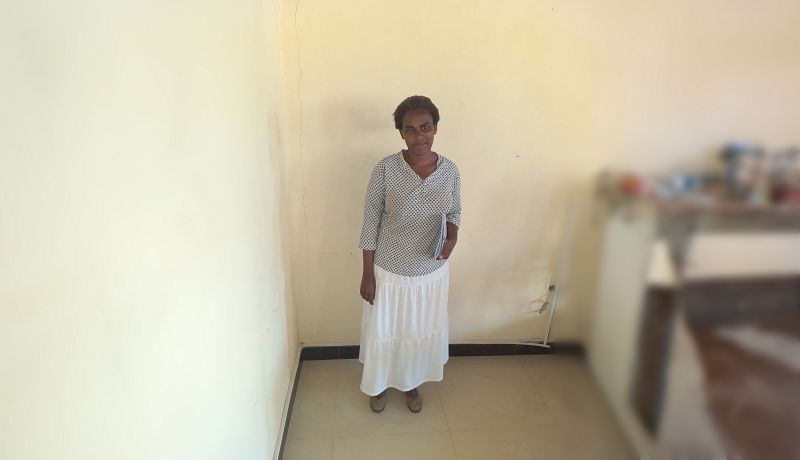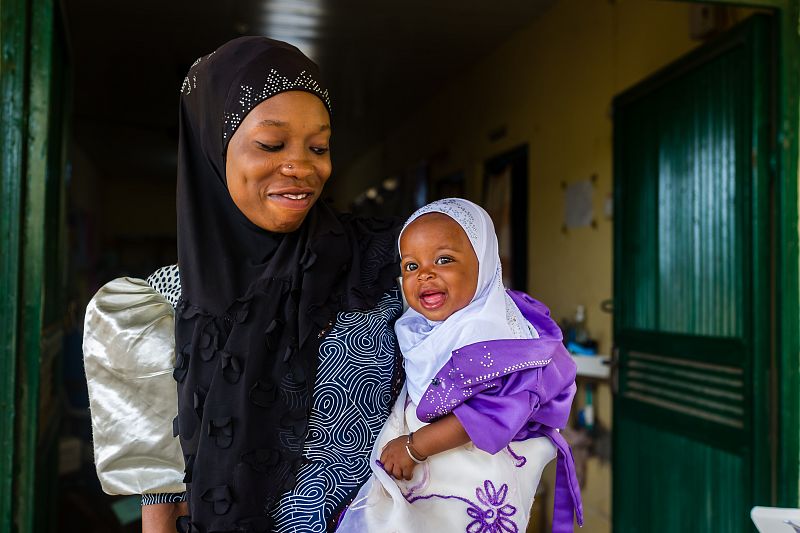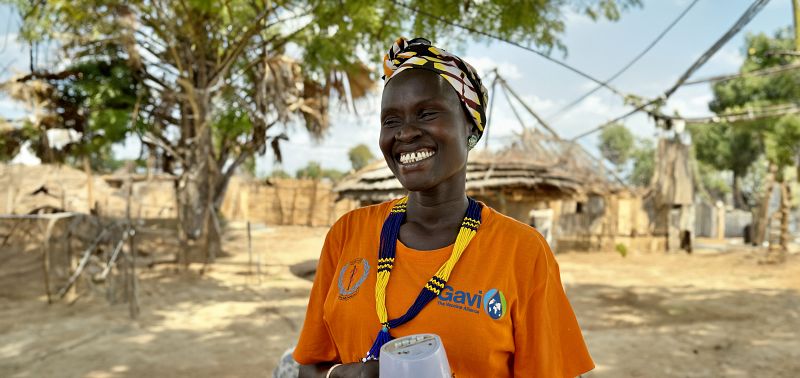Publications
Explore our publications to find useful evidence, lessons and recommendations from our work across Africa and Asia
Type
- Advocacy and positioning
- Advocacy briefs
- Advocacy reports
- Annual reviews
- Brochures
- Capacity statements
- Position statements
- Conference
- Briefing notes
- Posters
- Presentations
- Guidance and toolkits
- Guidance
- Training materials
- Learning
- Case studies
- Infographics
- Insight briefs
- Learning briefs
- Learning papers
- Newsletters
- Research and Technical
- Journal articles
- Project briefs
- Project reports
- Research briefs
- Synopses
- Technical briefs
Keyword
- ASTMH
- Advocacy
- COVID-19
- Capacity development
- Case management
- Case study
- Chemoprevention
- Child survival
- Climate
- Community delivery
- Costing and economic impact evaluation
- Data-informed decision-making
- Diagnosis
- Digital health
- Elimination
- Evidence generation
- Gender
- Genetic modification
- Health financing
- Health system strengthening
- Learning
- Logistics
- MNCH
- Malaria in pregnancy
- Monitoring and evaluation
- PMC
- Philanthropy
- Policy development
- Private sector
- Quality improvement
- Research
- Resistance management
- SBC
- SDGs
- SMC
- Scaled implementation
- Scholarships
- Surveillance
- Treatment
- Universal health coverage
- Urbanisation
- Vaccines
- Vector control
- Webinars
- iCCM
Diseases
Country
Language
Reset all search optionsCurrent search filters (45 results match ALL terms):
Advocacy
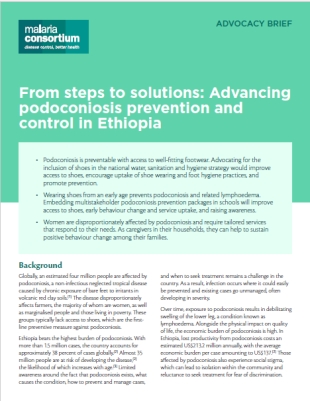 31/10/2023
Advocacy brief
31/10/2023
Advocacy brief
 21/09/2023
Technical brief
21/09/2023
Technical brief
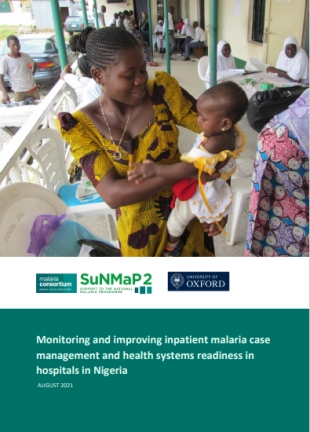 31/08/2021
Project report
31/08/2021
Project report
 27/06/2019
Journal article
27/06/2019
Journal article
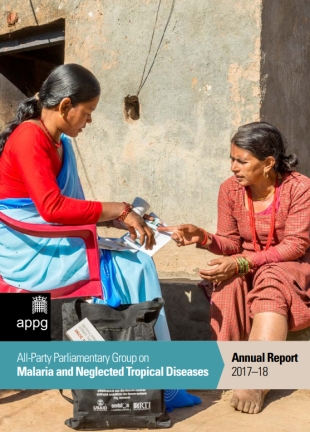 13/12/2018
Annual review
13/12/2018
Annual review
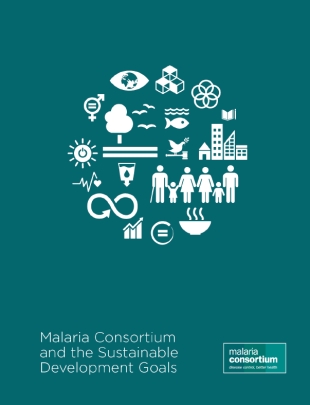 21/09/2018
Advocacy brief
21/09/2018
Advocacy brief
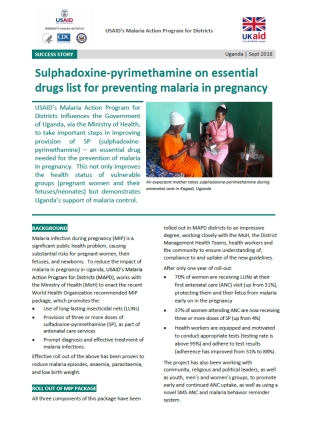 15/09/2018
Case study
15/09/2018
Case study
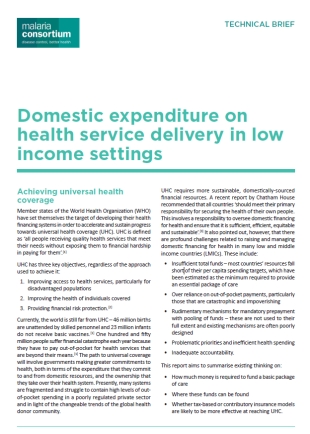 10/09/2018
Technical brief
10/09/2018
Technical brief
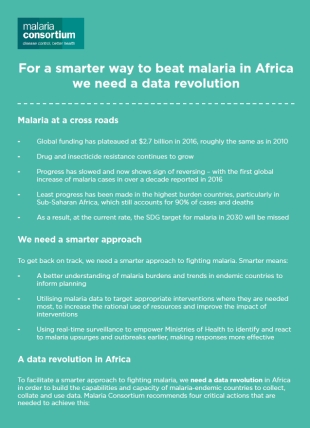 23/04/2018
Advocacy brief
23/04/2018
Advocacy brief
 14/11/2017
Newsletter
14/11/2017
Newsletter
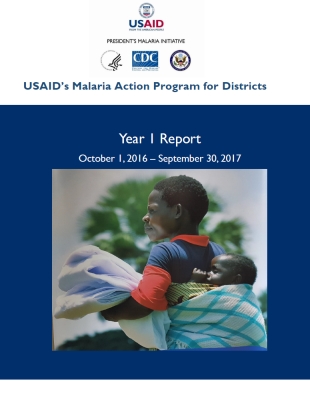 30/10/2017
Project report
30/10/2017
Project report
 09/10/2017
Journal article
09/10/2017
Journal article
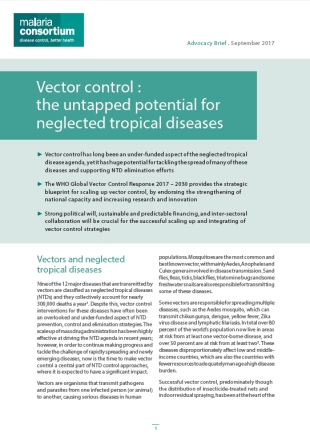 27/09/2017
Advocacy brief
27/09/2017
Advocacy brief
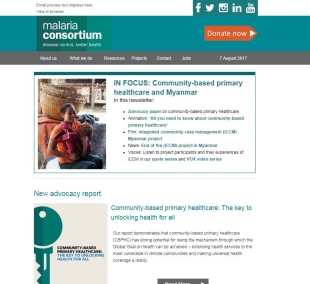 08/08/2017
Newsletter
08/08/2017
Newsletter
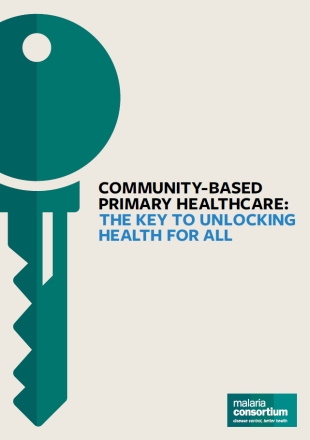 02/08/2017
Advocacy report
02/08/2017
Advocacy report
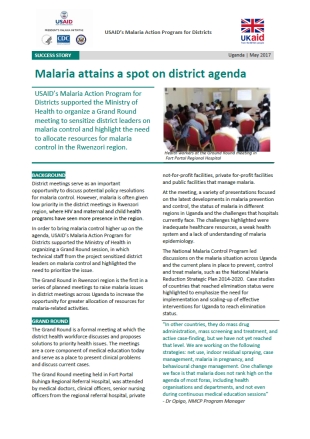 15/05/2017
Case study
15/05/2017
Case study
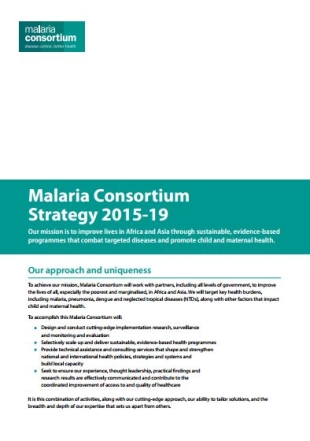 03/02/2017
Annual review
03/02/2017
Annual review
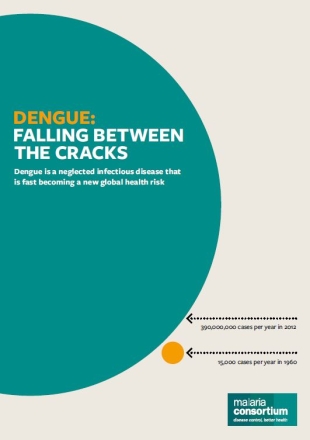 24/11/2016
Advocacy report
24/11/2016
Advocacy report
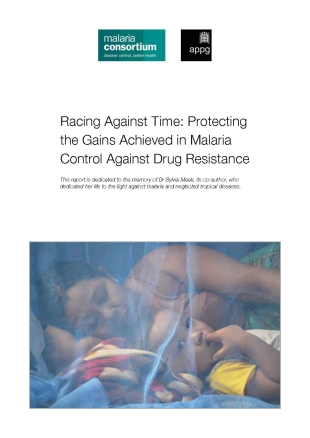 12/07/2016
Advocacy report
12/07/2016
Advocacy report
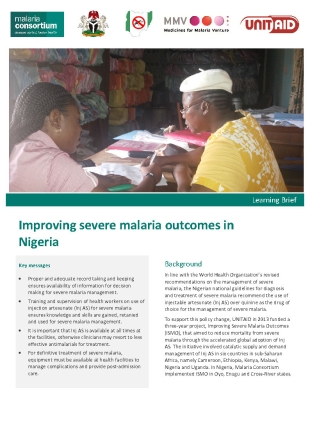 15/06/2016
Learning brief
15/06/2016
Learning brief
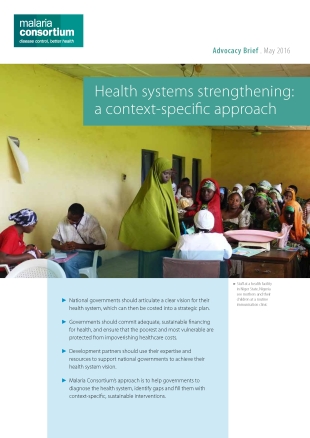 13/06/2016
Advocacy brief
13/06/2016
Advocacy brief
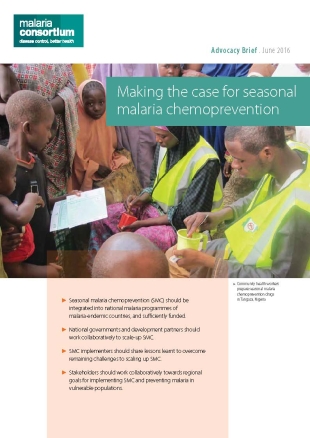 08/06/2016
Advocacy brief
08/06/2016
Advocacy brief
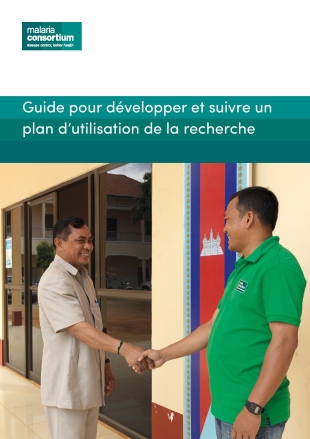 05/05/2016
Training materials
05/05/2016
Training materials
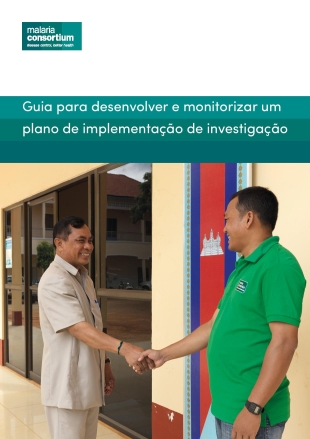 05/05/2016
Training materials
05/05/2016
Training materials
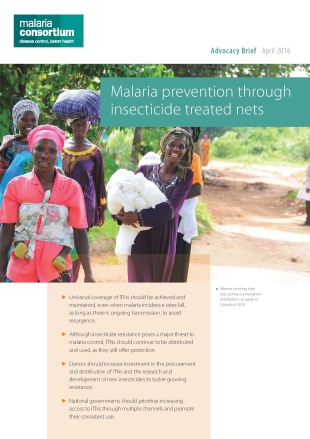 22/04/2016
Advocacy brief
22/04/2016
Advocacy brief
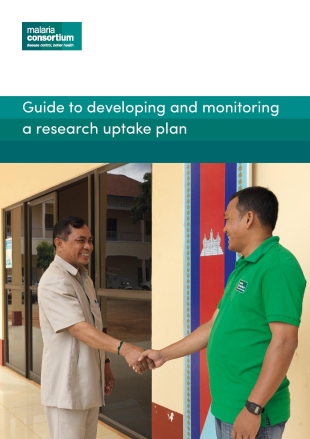 31/03/2016
Training materials
31/03/2016
Training materials
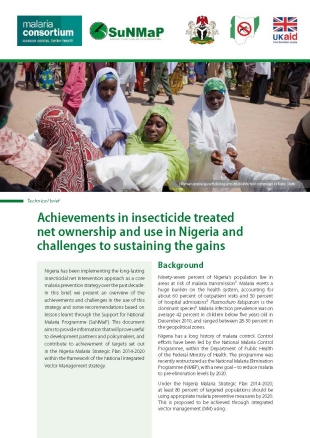 18/02/2016
Technical brief
18/02/2016
Technical brief
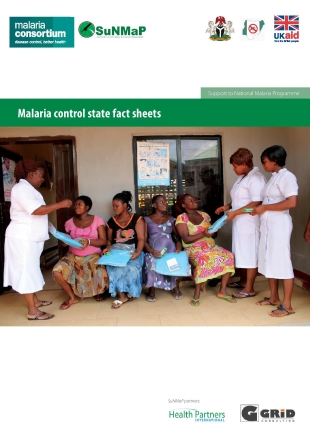 16/02/2016
Project report
16/02/2016
Project report
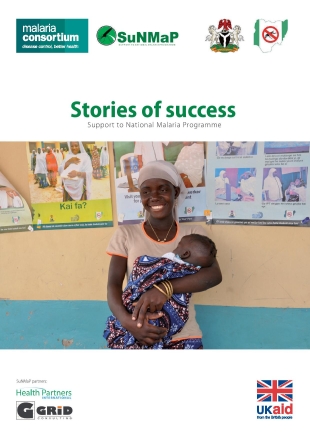 16/02/2016
Case study
16/02/2016
Case study
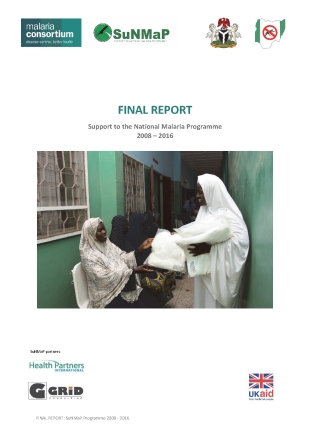 16/02/2016
Project report
16/02/2016
Project report
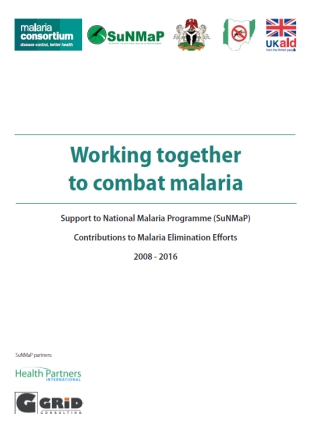 16/02/2016
Project report
16/02/2016
Project report
 09/12/2015
Advocacy brief
09/12/2015
Advocacy brief
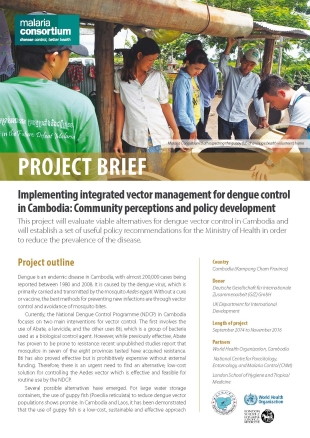 30/10/2015
Project brief
30/10/2015
Project brief
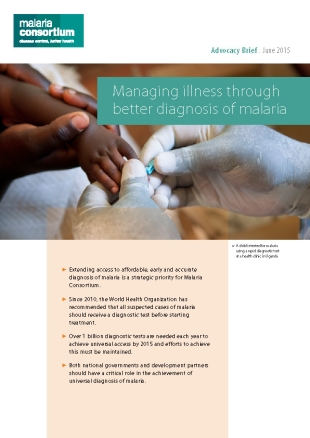 30/06/2015
Advocacy brief
30/06/2015
Advocacy brief
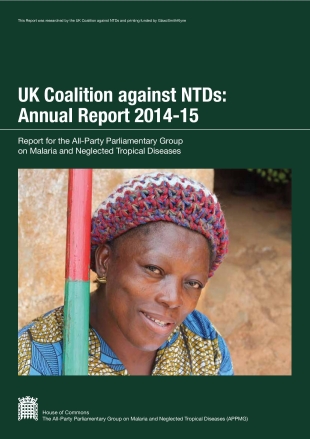 24/02/2015
Advocacy report
24/02/2015
Advocacy report
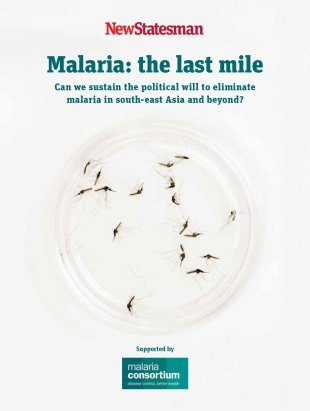 30/01/2015
Advocacy report
30/01/2015
Advocacy report
 01/12/2014
Journal article
01/12/2014
Journal article
 01/12/2014
Journal article
01/12/2014
Journal article
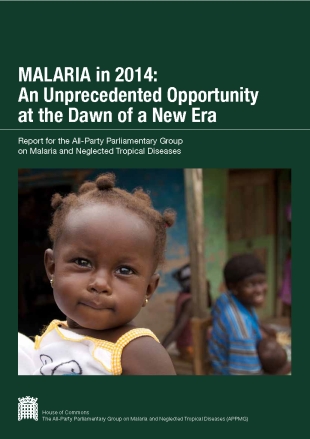 14/10/2014
Advocacy report
14/10/2014
Advocacy report
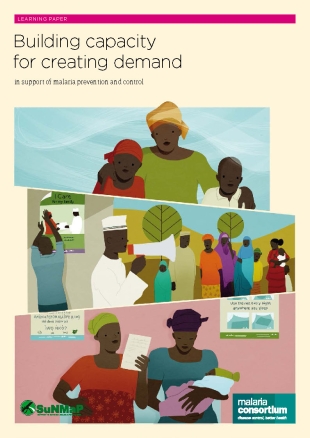 31/03/2014
Learning paper
31/03/2014
Learning paper
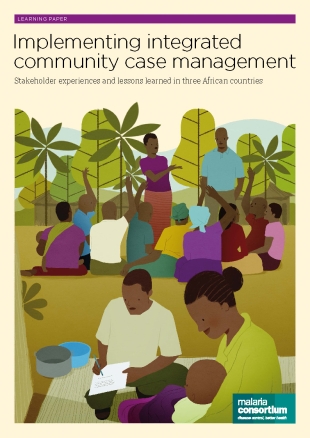 28/02/2014
Learning paper
28/02/2014
Learning paper
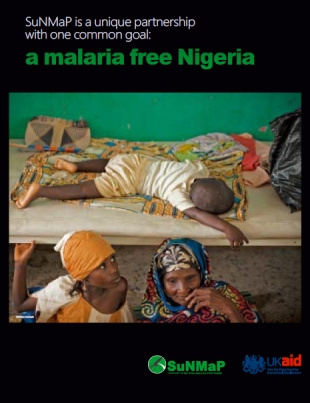 09/08/2012
Project brief
09/08/2012
Project brief
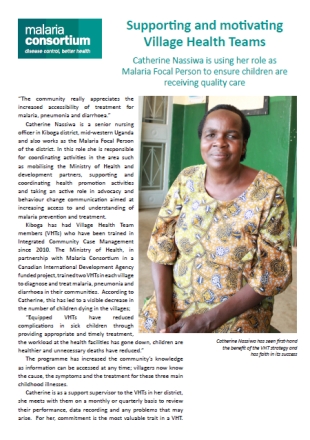 07/08/2012
Case study
07/08/2012
Case study
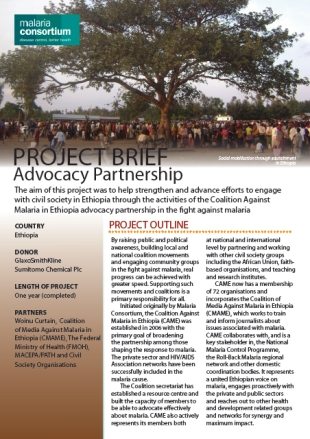 22/03/2012
Project brief
22/03/2012
Project brief
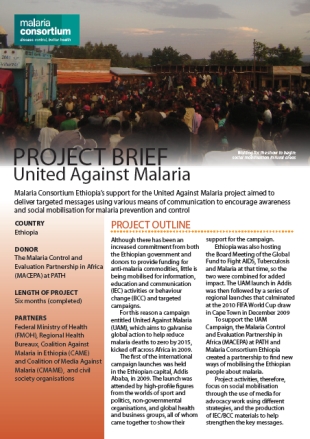 22/03/2012
Project brief
22/03/2012
Project brief
Advocacy
 31/10/2023
Advocacy brief
31/10/2023
Advocacy brief
From steps to solutions: Advancing podoconiosis prevention and control in Ethiopia
We aim to work with key stakeholders to accelerate the control of podoconiosis by creating universal access to better quality preventive measures and healthcare. 31/10/2023We aim to work with key stakeholders to accelerate the control of podoconiosis by creating universal access to better quality preventive measures and healthcare.
 21/09/2023
Technical brief
21/09/2023
Technical brief
Paving the way for universal health coverage
To help ensure our programmatic efforts continue to progress UHC in the countries in which we work, we have developed a dedicated action plan and a country assessment tool for… 21/09/2023To help ensure our programmatic efforts continue to progress UHC in the countries in which we work, we have developed a dedicated action plan and a country assessment tool for UHC.
 31/08/2021
Project report
31/08/2021
Project report
Monitoring and improving inpatient malaria case management and health systems readiness in hospitals in Nigeria
Malaria Consortium supported the implementation of new guidelines for the management of severe malaria cases in Nigeria through health systems strengthening activities. 31/08/2021Malaria Consortium supported the implementation of new guidelines for the management of severe malaria cases in Nigeria through health systems strengthening activities.
 27/06/2019
Journal article
27/06/2019
Journal article
Community engagement and mobilisation of local resources to support integrated Community Case Management of childhood illnesses in Niger state, Nigeria
This study wanted to document the process and scale achieved for community engagement and mobilisation to foster ownership and sustainability. 27/06/2019This study wanted to document the process and scale achieved for community engagement and mobilisation to foster ownership and sustainability.
 13/12/2018
Annual review
13/12/2018
Annual review
Annual report 2017–2018: All-Party Parliamentary Group on Malaria and Neglected Tropical Diseases
The All-Party Parliamentary Group on Malaria and Neglected Tropical Diseases (APPMG) provides a forum for exploring issues pertaining to the fight against malaria and neglected tropical diseases (NTDs). Keeping malaria… 13/12/2018The All-Party Parliamentary Group on Malaria and Neglected Tropical Diseases (APPMG) provides a forum for exploring issues pertaining to the fight against malaria and neglected tropical diseases (NTDs). Keeping malaria and NTDs high on the political agenda is crucial to…
 21/09/2018
Advocacy brief
21/09/2018
Advocacy brief
Malaria Consortium and the Sustainable Development Goals
This brochure highlights some of the key ways in which Malaria Consortium is contributing to the Sustainable Development Goals and illustrates the importance of using a multifaceted approach to improve… 21/09/2018This brochure highlights some of the key ways in which Malaria Consortium is contributing to the Sustainable Development Goals and illustrates the importance of using a multifaceted approach to improve health outcomes globally.
 15/09/2018
Case study
15/09/2018
Case study
Sulphadoxine-pyrimethamine on essential drugs list for preventing malaria in pregnancy
USAID’s Malaria Action Program for Districts influences the Government of Uganda, via the Ministry of Health, to take important steps in improving provision of SP (sulphadoxine-pyrimethamine) – an essential drug… 15/09/2018USAID’s Malaria Action Program for Districts influences the Government of Uganda, via the Ministry of Health, to take important steps in improving provision of SP (sulphadoxine-pyrimethamine) – an essential drug needed for the prevention of malaria in pregnancy...
 10/09/2018
Technical brief
10/09/2018
Technical brief
Domestic expenditure on health service delivery in low-income settings
To accelerate progress towards universal health coverage (UHC), member states of the World Health Organization (WHO) have agreed to develop further their health financing systems. UHC is defined as ‘all… 10/09/2018To accelerate progress towards universal health coverage (UHC), member states of the World Health Organization (WHO) have agreed to develop further their health financing systems. UHC is defined as ‘all people receiving quality health services that meet their needs without…
 23/04/2018
Advocacy brief
23/04/2018
Advocacy brief
For a smarter way to beat malaria in Africa we need a data revolution
To facilitate a smarter approach to fighting malaria, we need a data revolution in Africa in order to build the capabilities and capacity of malaria-endemic countries to collect, collate and… 23/04/2018To facilitate a smarter approach to fighting malaria, we need a data revolution in Africa in order to build the capabilities and capacity of malaria-endemic countries to collect, collate and use data. In this brief, Malaria Consortium recommends four critical…
 14/11/2017
Newsletter
14/11/2017
Newsletter
Malaria Consortium marks World Pneumonia Day 2017
This newsletter offers an overview of Malaria Consortium's activities for World Pneumonia Day 2017, including an online campaign and media coverage. 14/11/2017This newsletter offers an overview of Malaria Consortium's activities for World Pneumonia Day 2017, including an online campaign and media coverage.
 30/10/2017
Project report
30/10/2017
Project report
USAID Malaria Action Program for Districts: Year 1 report
During MAPD's first year, the project rapidly completed its start-up activities and conducted capacity building, health system strengthening, and activity implementation in all districts. Read the Year 1 report in… 30/10/2017During MAPD's first year, the project rapidly completed its start-up activities and conducted capacity building, health system strengthening, and activity implementation in all districts. Read the Year 1 report in full...
 09/10/2017
Journal article
09/10/2017
Journal article
Neglected tropical diseases: Exploring long-term practical approaches to achieve sustainable disease elimination and beyond
This paper identifies two major priorities in the fight against NTDs: strengthening the capacity of the primary health care health system in correctly diagnosing and managing such diseases, and establishing an effective… 09/10/2017This paper identifies two major priorities in the fight against NTDs: strengthening the capacity of the primary health care health system in correctly diagnosing and managing such diseases, and establishing an effective disease surveillance process.
 27/09/2017
Advocacy brief
27/09/2017
Advocacy brief
Vector control: The untapped potential for neglected tropical diseases
Nine of the 12 major diseases transmitted by vectors are classified as neglected tropical diseases (NTDs). Collectively, they account for nearly 300,000 deaths a year, yet vector control interventions for… 27/09/2017Nine of the 12 major diseases transmitted by vectors are classified as neglected tropical diseases (NTDs). Collectively, they account for nearly 300,000 deaths a year, yet vector control interventions for these diseases have often been overlooked and under-funded. To tackle…
 08/08/2017
Newsletter
08/08/2017
Newsletter
Community-based primary healthcare newsletter
It has been a busy time for Malaria Consortium's community-based primary healthcare (CBPHC) projects. Over the past few weeks, our experts hosted an end of project meeting for our integrated… 08/08/2017It has been a busy time for Malaria Consortium's community-based primary healthcare (CBPHC) projects. Over the past few weeks, our experts hosted an end of project meeting for our integrated community case management (iCCM) project in Myanmar, we launched our…
 02/08/2017
Advocacy report
02/08/2017
Advocacy report
Community-based primary healthcare: The key to unlocking health for all
Community-based primary healthcare (CBPHC) delivers a range of health services to hard-to-reach and under-served communities. It can be the mechanism through which universal health coverage can be made a reality… 02/08/2017Community-based primary healthcare (CBPHC) delivers a range of health services to hard-to-reach and under-served communities. It can be the mechanism through which universal health coverage can be made a reality and Sustainable Development Goal three can be achieved. Through CBPHC,…
 15/05/2017
Case study
15/05/2017
Case study
Malaria attains a spot on district agenda
USAID’s Malaria Action Program for Districts supported the Ministry of Health to organize a Grand Round meeting to sensitize district leaders on malaria control and highlight the need to allocate… 15/05/2017USAID’s Malaria Action Program for Districts supported the Ministry of Health to organize a Grand Round meeting to sensitize district leaders on malaria control and highlight the need to allocate resources for malaria control in the Rwenzori region...
 03/02/2017
Annual review
03/02/2017
Annual review
Malaria Consortium strategy 2015–2019
To achieve our mission, Malaria Consortium will work with partners — including all levels of government — to improve the lives of all in Africa and Asia, especially the poorest… 03/02/2017To achieve our mission, Malaria Consortium will work with partners — including all levels of government — to improve the lives of all in Africa and Asia, especially the poorest and most marginalised. We will target key health burdens, including…
 24/11/2016
Advocacy report
24/11/2016
Advocacy report
Dengue: Falling between the cracks
Dengue is one of the fastest growing infectious diseases in the world, with a huge impact on individuals, households, health systems and national economies. Over half the world’s population is… 24/11/2016Dengue is one of the fastest growing infectious diseases in the world, with a huge impact on individuals, households, health systems and national economies. Over half the world’s population is now at risk. Despite this, dengue has not received the…
 12/07/2016
Advocacy report
12/07/2016
Advocacy report
Racing against time: Protecting the gains achieved in malaria control against drug resistance
This special report is published by the All-Party Parliamentary Group and co-authored by Malaria Consortium. It highlights the growing threat of resistance to artemisinin combination therapies — currently the most… 12/07/2016This special report is published by the All-Party Parliamentary Group and co-authored by Malaria Consortium. It highlights the growing threat of resistance to artemisinin combination therapies — currently the most effective malaria drug — and discusses solutions to tackling drug…
 15/06/2016
Learning brief
15/06/2016
Learning brief
Improving severe malaria outcomes in Nigeria
Malaria Consortium, in collaboration with Medicine for Malaria Ventures and the Government of Nigeria, implemented the UNITAID-funded Improving Severe Malaria Outcomes project to reduce mortality from severe malaria through accelerating… 15/06/2016Malaria Consortium, in collaboration with Medicine for Malaria Ventures and the Government of Nigeria, implemented the UNITAID-funded Improving Severe Malaria Outcomes project to reduce mortality from severe malaria through accelerating the global adoption of injectable artesunate. This learning brief outlines…
 13/06/2016
Advocacy brief
13/06/2016
Advocacy brief
Health system strengthening: A context-specific approach
This brief describes how Malaria Consortium strengthens health systems by supporting governments to evaluate the state of the existing health system and identify gaps, before working with those in the… 13/06/2016This brief describes how Malaria Consortium strengthens health systems by supporting governments to evaluate the state of the existing health system and identify gaps, before working with those in the health system to implement context-specific, sustainable solutions.
 08/06/2016
Advocacy brief
08/06/2016
Advocacy brief
Making the case for seasonal malaria chemoprevention
Seasonal malaria chemoprevention (SMC) is a highly effective method of malaria prevention, recommended by the World Health Organization. This advocacy brief makes the case for scaling up SMC across the… 08/06/2016Seasonal malaria chemoprevention (SMC) is a highly effective method of malaria prevention, recommended by the World Health Organization. This advocacy brief makes the case for scaling up SMC across the Sahel region, discusses the challenges to successful scale-up, and presents…
 05/05/2016
Training materials
05/05/2016
Training materials
Guide pour développer et suivre un plan d'utilisation de la recherche
Malaria Consortium travaille à renforcer sa capacité à obtenir l’utilisation de la recherche au sein de l’organisation, pour s’assurer que les résultats de nos études alimentent le travail des parties… 05/05/2016Malaria Consortium travaille à renforcer sa capacité à obtenir l’utilisation de la recherche au sein de l’organisation, pour s’assurer que les résultats de nos études alimentent le travail des parties prenantes concernées et notre propre travail au sein de l’organisation.
 05/05/2016
Training materials
05/05/2016
Training materials
Guia para desenvolver e monitorizar um plano de implementação de investigação
A Malaria Consortium está a trabalhar no fortalecimento da sua capacidade de alcançar a implementação de investigação dentro da sua organização, de modo a assegurar de que as descobertas dos… 05/05/2016A Malaria Consortium está a trabalhar no fortalecimento da sua capacidade de alcançar a implementação de investigação dentro da sua organização, de modo a assegurar de que as descobertas dos seus estudos são traduzidas para o trabalho das partes interessadas…
 22/04/2016
Advocacy brief
22/04/2016
Advocacy brief
Malaria prevention through insecticide treated nets
Sleeping under an insecticide treated net is the most widely adopted preventive measure against malaria. It is effective because the female mosquito that transmits malaria only bites at night in… 22/04/2016Sleeping under an insecticide treated net is the most widely adopted preventive measure against malaria. It is effective because the female mosquito that transmits malaria only bites at night in most malaria-endemic regions. Long lasting insecticidal nets in particular are…
 31/03/2016
Training materials
31/03/2016
Training materials
Guide to developing and monitoring a research uptake plan
Malaria Consortium is working to strengthen its ability to achieve research uptake within the organisation to ensure findings from our studies inform the work of relevant stakeholders and our own… 31/03/2016Malaria Consortium is working to strengthen its ability to achieve research uptake within the organisation to ensure findings from our studies inform the work of relevant stakeholders and our own work within the organisation. This guide was developed as part…
 18/02/2016
Technical brief
18/02/2016
Technical brief
Achievements in insecticide treated net ownership and use in Nigeria, and challenges in sustaining the gains
Nigeria has been implementing the long lasting insecticidal net intervention approach as a core malaria prevention strategy over the past decade. This brief presents the achievements and challenges, as well… 18/02/2016Nigeria has been implementing the long lasting insecticidal net intervention approach as a core malaria prevention strategy over the past decade. This brief presents the achievements and challenges, as well as some recommendations based on lessons learnt through the Support…
 16/02/2016
Project report
16/02/2016
Project report
Malaria control Nigeria: State fact sheets
This is a collection of fact sheets on the ten Nigerian states in which the Support to National Malaria Programme (SuNMaP) was implemented. Funded by UK aid, the project worked… 16/02/2016This is a collection of fact sheets on the ten Nigerian states in which the Support to National Malaria Programme (SuNMaP) was implemented. Funded by UK aid, the project worked with the government and people of Nigeria to strengthen the…
 16/02/2016
Case study
16/02/2016
Case study
Support to National Malaria Programme: Stories of success
The Support to National Malaria Programme (SuNMaP) project aimed to improve malaria outcomes and strengthen Nigeria’s health system, resulting in over 48,000 lives saved in 10 states. These stories capture… 16/02/2016The Support to National Malaria Programme (SuNMaP) project aimed to improve malaria outcomes and strengthen Nigeria’s health system, resulting in over 48,000 lives saved in 10 states. These stories capture the intervention’s effect on the lives of individual Nigerians across…
 16/02/2016
Project report
16/02/2016
Project report
Support to National Malaria Programme 2008–2016
This report summarises the achievements of the Support to National Malaria Programme (SuNMaP), a UK aid-funded project working with the government and people of Nigeria to strengthen the national effort… 16/02/2016This report summarises the achievements of the Support to National Malaria Programme (SuNMaP), a UK aid-funded project working with the government and people of Nigeria to strengthen the national effort to control malaria. SuNMaP demonstrated that it is possible to…
 16/02/2016
Project report
16/02/2016
Project report
Working together to combat malaria: Support to National Malaria Programme (SuNMaP)
SuNMaP worked with the Nigerian government’s National Malaria Elimination Programme to harmonise donor efforts and funding agencies around national policies and plans for malaria control. Project targets were aligned with… 16/02/2016SuNMaP worked with the Nigerian government’s National Malaria Elimination Programme to harmonise donor efforts and funding agencies around national policies and plans for malaria control. Project targets were aligned with the National Malaria Strategic Plan and Global Malaria Action Plan.…
 09/12/2015
Advocacy brief
09/12/2015
Advocacy brief
Universal health coverage and malaria, neglected tropical diseases and child health
Universal health coverage (UHC) is central to achieving Sustainable Development Goal 3 and realising “healthy lives for all”. This advocacy brief outlines how UHC can be achieved and what is… 09/12/2015Universal health coverage (UHC) is central to achieving Sustainable Development Goal 3 and realising “healthy lives for all”. This advocacy brief outlines how UHC can be achieved and what is needed to make health services made available to everyone, patricularly…
 30/10/2015
Project brief
30/10/2015
Project brief
Implementing integrated vector management for dengue control in Cambodia: Community perceptions and policy development
This project will evaluate viable alternatives for dengue vector control in Cambodia and will establish a set of useful policy recommendations for the Ministry of Health to help reduce the… 30/10/2015This project will evaluate viable alternatives for dengue vector control in Cambodia and will establish a set of useful policy recommendations for the Ministry of Health to help reduce the prevalence of the disease.
 30/06/2015
Advocacy brief
30/06/2015
Advocacy brief
Managing illness through better diagnosis of malaria
In 2010, the World Health Organization recommended that all suspected malaria cases should receive a diagnostic test before starting treatment. This brief describes Malaria Consortium's commitment and response to extending… 30/06/2015In 2010, the World Health Organization recommended that all suspected malaria cases should receive a diagnostic test before starting treatment. This brief describes Malaria Consortium's commitment and response to extending access to affordable, early and accurate malaria diagnosis, including working…
 24/02/2015
Advocacy report
24/02/2015
Advocacy report
UK Coalition against NTDs: Annual Report 2014–2015
This report highlights the impressive progress that has been achieved in combating neglected tropical diseases (NTDs) over the last parliamentary term. This progress has largely been made possible due to… 24/02/2015This report highlights the impressive progress that has been achieved in combating neglected tropical diseases (NTDs) over the last parliamentary term. This progress has largely been made possible due to substantial increases in funding from donors, led by the UK…
 30/01/2015
Advocacy report
30/01/2015
Advocacy report
Malaria: The last mile
This special report — based on a roundtable event held in partnership with Malaria Consortium — was published in the New Statesman magazine and focuses on the threat of drug… 30/01/2015This special report — based on a roundtable event held in partnership with Malaria Consortium — was published in the New Statesman magazine and focuses on the threat of drug resistant malaria in southeast Asia and beyond. The roundtable brought…
 01/12/2014
Journal article
01/12/2014
Journal article
Integrated community case management of malaria, pneumonia and diarrhoea across three African countries: A qualitative study exploring lessons learnt and implications for further scale up
Abstract Numerous studies highlight the effectiveness of an integrated approach for the management of malaria, pneumonia and diarrhoea at the community level. There has however been little study on lessons… 01/12/2014Abstract Numerous studies highlight the effectiveness of an integrated approach for the management of malaria, pneumonia and diarrhoea at the community level. There has however been little study on lessons learnt from implementation in practice and stakeholder experiences which could…
 01/12/2014
Journal article
01/12/2014
Journal article
Demand generation and social mobilisation for integrated community case management (iCCM) and child health: Lessons learned from successful programmes in Niger and Mozambique
Aim We present the approaches used in and outcomes resulting from integrated community case management (iCCM) programmes in Niger and Mozambique with a strong focus on demand generation and social mobilisation. Methods We… 01/12/2014Aim We present the approaches used in and outcomes resulting from integrated community case management (iCCM) programmes in Niger and Mozambique with a strong focus on demand generation and social mobilisation. Methods We use a case study approach to describe the programme and…
 14/10/2014
Advocacy report
14/10/2014
Advocacy report
Malaria in 2014: An unprecedented opportunity at the dawn of a new era
Published by the All-Party Parliamentary Group on Malaria and Neglected Tropical Diseases (APPMG), this report outlines the leading role the UK has played in achieving solid progress in the fight… 14/10/2014Published by the All-Party Parliamentary Group on Malaria and Neglected Tropical Diseases (APPMG), this report outlines the leading role the UK has played in achieving solid progress in the fight against malaria. As final negotiations take place over a successor framework…
 31/03/2014
Learning paper
31/03/2014
Learning paper
Building capacity for creating demand in support of malaria prevention and control
Demand creation is the strategic combination of advocacy, communication and mobilisation approaches that seek to achieve increased community awareness of, and demand for, effective malaria prevention and treatment services. Malaria Consortium's… 31/03/2014Demand creation is the strategic combination of advocacy, communication and mobilisation approaches that seek to achieve increased community awareness of, and demand for, effective malaria prevention and treatment services. Malaria Consortium's Support to National Malaria Programme (SuNMaP) demand creation strategy for…
 28/02/2014
Learning paper
28/02/2014
Learning paper
Implementing integrated community case management: stakeholder experiences and lessons learned in three African countries
Malaria Consortium’s involvement in iCCM has spanned inputs to facilitate policy development, project design, implementation from start-up phase; ongoing support to the public health system in continued implementation; the trial… 28/02/2014Malaria Consortium’s involvement in iCCM has spanned inputs to facilitate policy development, project design, implementation from start-up phase; ongoing support to the public health system in continued implementation; the trial of specific supportive interventions to boost effectiveness; monitoring and evaluation;…
 09/08/2012
Project brief
09/08/2012
Project brief
Nigeria SuNMaP Project Brochure
In Nigeria, Malaria Consortium and partners are working on the Support to National Malaria Programme (SuNMaP), a comprehensive project to prevent, treat, and monitor malaria and build local capacity to… 09/08/2012In Nigeria, Malaria Consortium and partners are working on the Support to National Malaria Programme (SuNMaP), a comprehensive project to prevent, treat, and monitor malaria and build local capacity to control the disease.
 07/08/2012
Case study
07/08/2012
Case study
Supporting Village Health Teams in Uganda - Catherine Nassiwa
This is a case study on Catherine Nassiwa, who uses her role as the Malaria Focal Person in Kiboga district, Uganda to coordinate activities and mobilise development partners, Village Health… 07/08/2012This is a case study on Catherine Nassiwa, who uses her role as the Malaria Focal Person in Kiboga district, Uganda to coordinate activities and mobilise development partners, Village Health Team members, and the Ugandan health ministry to increase access…
 22/03/2012
Project brief
22/03/2012
Project brief
Advocacy Partnership
This is a project brief summarising Malaria Consortium's past work to help strengthen and advance efforts to engage with civil society in Ethiopia through the activities of the Coalition Against… 22/03/2012This is a project brief summarising Malaria Consortium's past work to help strengthen and advance efforts to engage with civil society in Ethiopia through the activities of the Coalition Against Malaria in Ethiopia advocacy partnership.
 22/03/2012
Project brief
22/03/2012
Project brief
